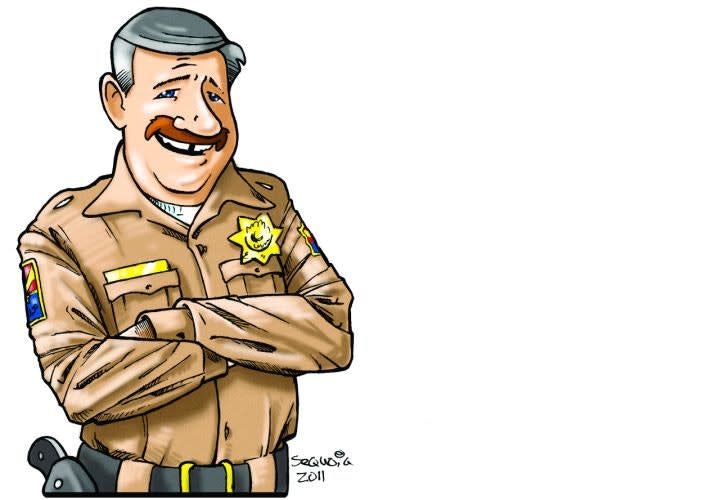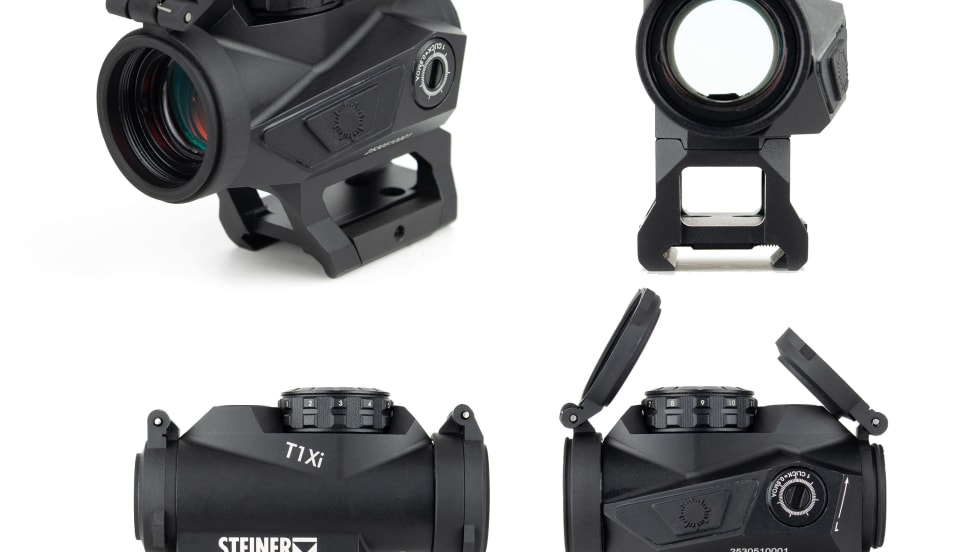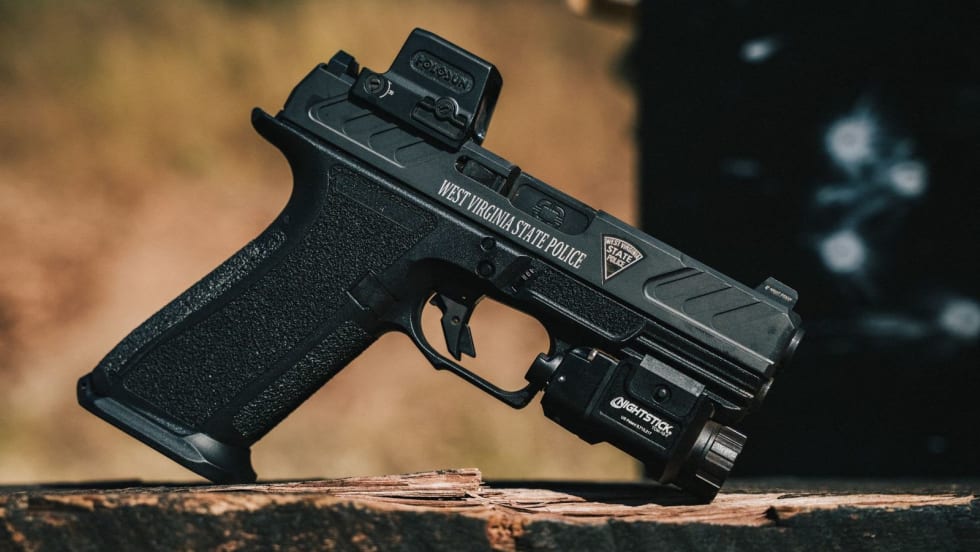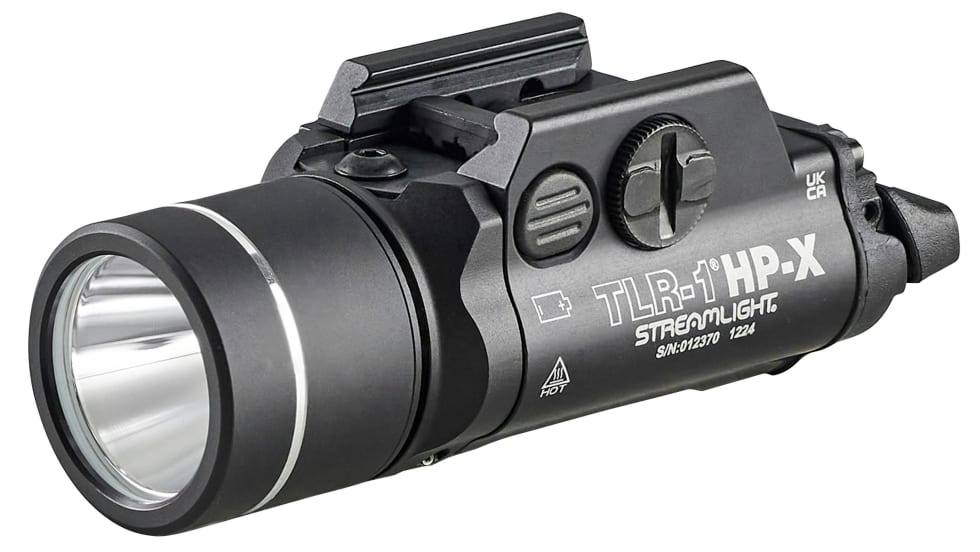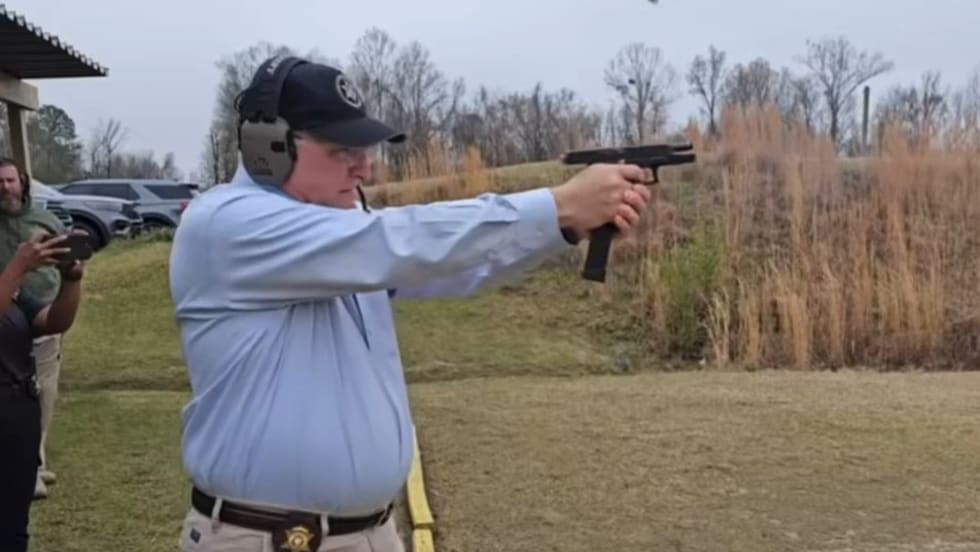I will never forget the excitement of graduating from the academy, getting the shield, getting to hunt evil, and getting to carry a gun all the time. In fact, one of the coolest things about graduating was deciding what to carry off-duty. My sweet mom, who was not the least bit happy about me becoming a crimefighter, gave me a nice new Colt Detective Special that seemed to be the perfect off-duty weapon to conceal in the desert climate of Tucson. Moms are so practical.
But that was the heyday of Clint Eastwood as Dirty Harry, and pretty soon my colleagues JW and Sam convinced me I needed a magnum; not some .357 Magnum, but Harry's own .44 Magnum. So began the quest to try to conceal a four-inch Model 29, which was not too easy. To make matters even more interesting we had to qualify with our off-duty weapons. Shooting my mighty .44 on the line with folks shooting normal off-duty snubbies and autos didn't make me particularly popular.
Finally, they had JW and his .41 and me stand and qualify side by side alone. Ultimately, my cylinder got slightly out of line and began shaving lead, which JW discovered by finding a bit of my copper jacket in his chin. I got my .44 fixed but JW and I decided to find what else would work well off-duty, and so began a long adventure my old squad mates call the "gun of the month club" time of our lives.
Small frames, big frames, autos, revolvers, even derringers came and went in our inventory, and several still sit in my safe since I couldn't bear to part with their sweet little serial numbers. Even my wife, the Sarge, who isn't the most sentimental of people, can't bear to part with her stainless snubby that she packed off-duty for years.
I say all this thinking of how I am always amazed that when I talk to a class about off-duty confrontations, one or two crimefighters will remark that they don't carry off-duty and don't believe in it. "Aren't you with the very people you love most in your life? The ones you would be willing to die for?" I ask, incredulous. Often they reply in the affirmative and then I inquire what they will do to protect those loved ones in a deadly force encounter. Some get mad and say that doesn't have anything to do with carrying off-duty or how much they love their family.
So what about you? Do you carry off-duty? Even if you do, have you told your loved ones what to do in a crisis, where to go, who to call, what to say? What is important for your boyfriend or girlfriend, your husband or wife, all four of them to say in a crisis to 911 when you are reacting to a threat? Now, while you are safely reading POLICE Magazine, is the time to mentally plan what you will do in a crisis and what to teach your loved ones.
Do your kids know the difference between cover and concealment, and how to use both? I am not advocating scaring your family, but preparing your family—and when you do, it will prepare you. You can act more confidently knowing your loved ones are prepared as well.
This is truly the golden era of concealed carry and your choice of weapons and holsters is phenomenal. I have to confess, if I were in my "gun of the month" lifestyle today I would be buying and selling like a maniac. I would have a slim, sweet 9mm this month and a tuned up .40 the next. I would be dazzling the range with holsters that look like a wallet in my pants and an ankle holster that holds my extra magazines and handcuffs...Too cool.
Remember though that all the cool equipment in the world is useless unless you train with it, prepare with it, remember it. When it comes to off-duty encounters you have to think about who will be with you, where you will be, and what you will do. Teach the ones you love how to react, what to do, and how to help you—even if it is just calling dispatch to get on-duty folks there ASAP.
I hope you never need to use your off-duty weapon, and that your children will never need to know the difference between cover and concealment. But a firearm is like cover: You don't need it very often, but when you do, you really do.
Dave Smith is the creator of "Buck Savage" and a retired law enforcement officer from Arizona. Currently, he is the lead instructor for Calibre Press' Street Survival seminar.



